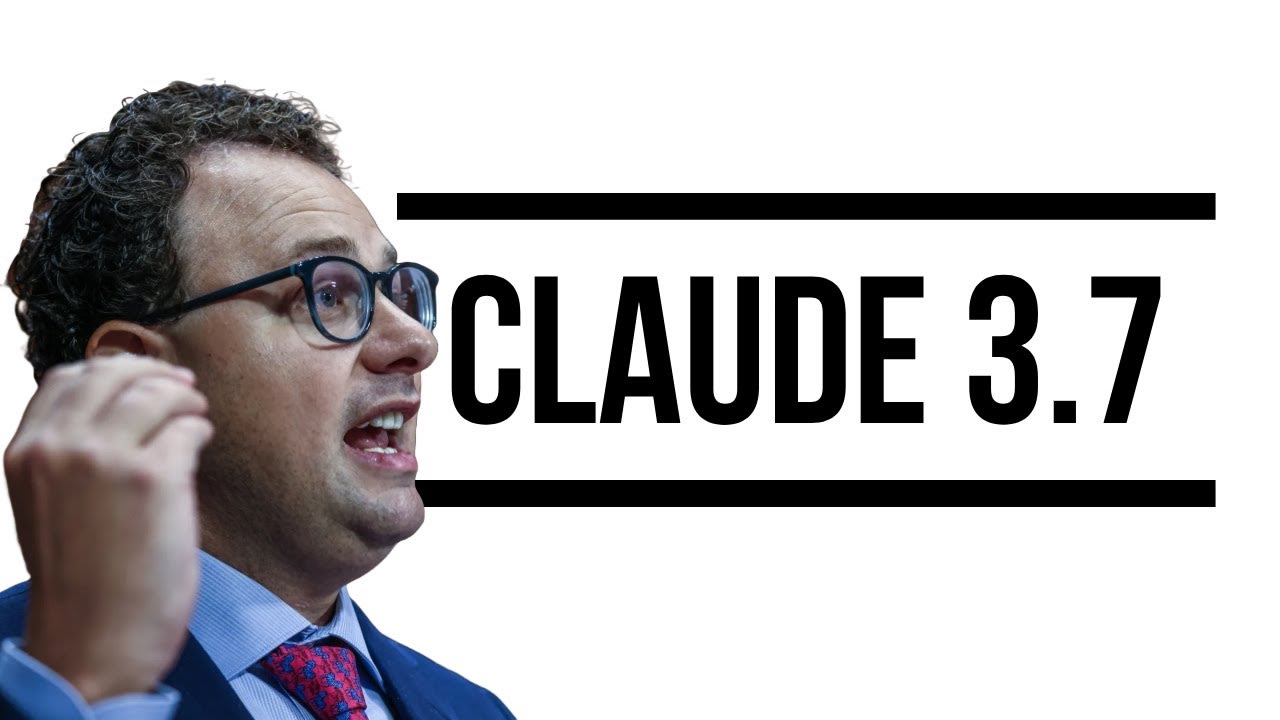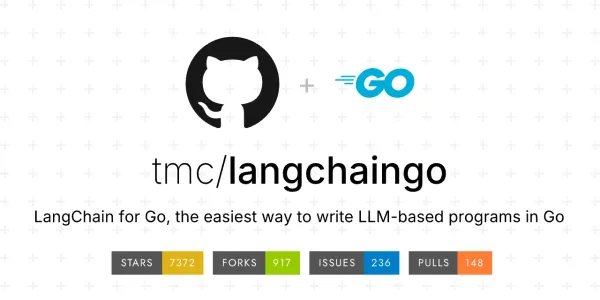Claude 3.7 and the Future of Programming

The programming world is transforming with the release of Anthropic’s Claude 3.7, an advanced AI model designed to revolutionize coding. This new iteration offers unparalleled capabilities in writing, testing, and executing code, positioning itself as a must-have tool for developers looking to enhance efficiency and accuracy.
What Makes Claude 3.7 a Game-Changer?
Building upon the success of Claude 3.5, Claude 3.7 takes AI-assisted programming to new heights. According to benchmark tests, it boasts an impressive 70.3% success rate in resolving real-world GitHub issues. This improvement highlights its enhanced problem-solving abilities, making it a strong contender in the AI coding space.
One of the most exciting additions in Claude 3.7 is Claude Code, a command-line interface (CLI) tool that allows seamless AI integration into development workflows. Developers can now rely on an AI assistant that understands project context, generates code snippets, writes test cases, and even debugs errors in real time.
Hands-On Experience: Testing Claude Code
Having tested Claude Code, I can confidently say that it is an impressive yet expensive tool. Installation is straightforward via npm, but developers should be prepared for high API costs compared to alternatives like Gemini Flash and DeepSea.
Once installed, the cla command grants Claude access to your project’s codebase. The interface closely resembles SST (Serverless Stack Toolkit), raising some concerns about potential similarities or inspiration taken from existing tools.
Testing Claude Code with a Random Name Generator
To start, I asked Claude to create a simple random name generator using Deno. The AI executed the task flawlessly, generating the necessary files and even including dedicated testing files to verify functionality. The ease and accuracy of execution showcased the AI’s practical application for automating repetitive coding tasks.
Building a Front-End UI with Svelte
Next, I tested Claude Code’s front-end capabilities by asking it to build a UI using Svelte. The process required multiple confirmations and adjustments, but the end result was a fully functional and visually appealing interface. Compared to OpenAI’s GPT-3.5, which struggled with buggy and incomplete code, Claude 3.7 produced a more polished and reliable output.
The Ethical Dilemma: Will AI Replace Programmers?
As AI-powered coding tools become more advanced, concerns about job displacement grow. While Claude 3.7 is not capable of fully replacing human developers, it is clear that programming roles will evolve. Instead of writing every line of code manually, developers will focus more on system design, architecture, and problem-solving.
However, AI-generated code comes with potential risks, including bias in training data. If AI models learn from biased or flawed datasets, they may replicate existing inequalities in the tech industry. This makes it crucial for developers and researchers to work together to ensure AI tools are developed and used responsibly.
What’s Next for AI in Programming?
Claude 3.7 is only the beginning. As AI continues to evolve, we can expect even more sophisticated tools that assist in coding, debugging, and software optimization. The future of programming is likely to be a collaborative effort between AI and humans, where developers leverage AI to improve efficiency while retaining creative control over projects.
Integrating AI with Convex for Full-Stack Development
For developers looking to build full-stack applications with AI assistance, Convex is a powerful open-source reactive database worth exploring. It offers:
- Typesafe queries
- Scheduled jobs
- Server functions
- Real-time data synchronization
Convex’s TypeScript-based queries make it highly compatible with AI models like Claude 3.7, ensuring accurate code generation and reducing errors.
Embracing the AI Revolution in Software Development
The AI-driven transformation of programming is here, and developers who adapt will stay ahead of the curve. Instead of fearing automation, programmers should embrace AI as a tool that enhances productivity and innovation.
Whether you’re an experienced developer or just starting out, AI-powered tools like Claude 3.7 and Convex can help streamline workflows and improve software quality. The key is to learn, experiment, and integrate AI into your coding practices to remain relevant in this rapidly evolving landscape.
The rise of AI in software development doesn’t signal the end of programming—it marks the beginning of a new era where humans and AI collaborate to build a smarter future.



